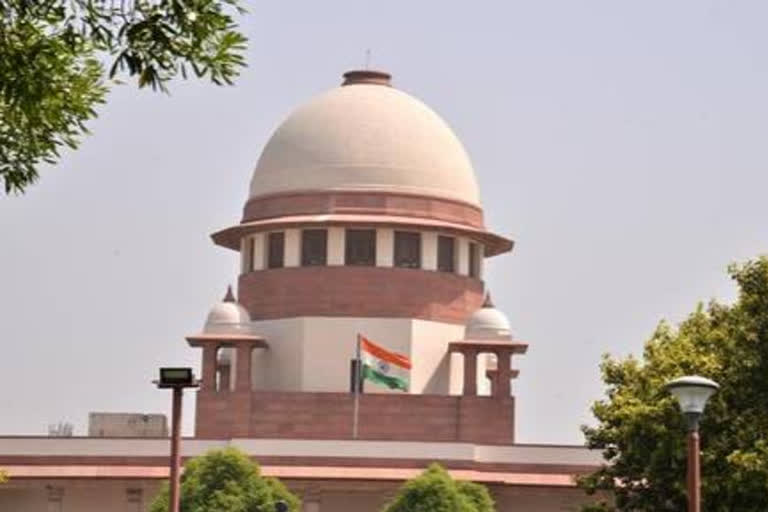New Delhi: The All India Muslim Personal Law Board (AIMPLB) on Monday moved the Supreme Court seeking impleadment in petitions challenging the constitutional validity of polygamy and 'nikah halala' practised among Muslims.
The AIMPLB said the apex court has already dealt with the issue of practices of polygamy and nikah halala in its verdict of 1997 in which it had declined to entertain the petitions.
"That personal laws do not derive their validity on the ground that they have been passed or made by a legislature or by other competent authority. The fundamental source of personal laws are their respective scriptural texts," the plea of AIMPLB said.
"The Mohammedan law is founded essentially on the Holy Quran and the Hadith of the Prophet Mohammed and thus it can't fall within the purview of expression 'laws in force' as mentioned in Article 13 of the Constitution and hence its validity cannot be tested," the plea said.
While polygamy allows a Muslim man to have four wives, 'nikah halala' stipulates that a Muslim woman, who wants to remarry her husband after divorce, has to first marry another man and get divorced from him after consummating the marriage.
The apex court had in 2018 decided to examine the constitutional validity of polygamy and 'nikah halala' among Muslims.
Also, read: 'Revisiting original FRBM Act key to economic revival'



